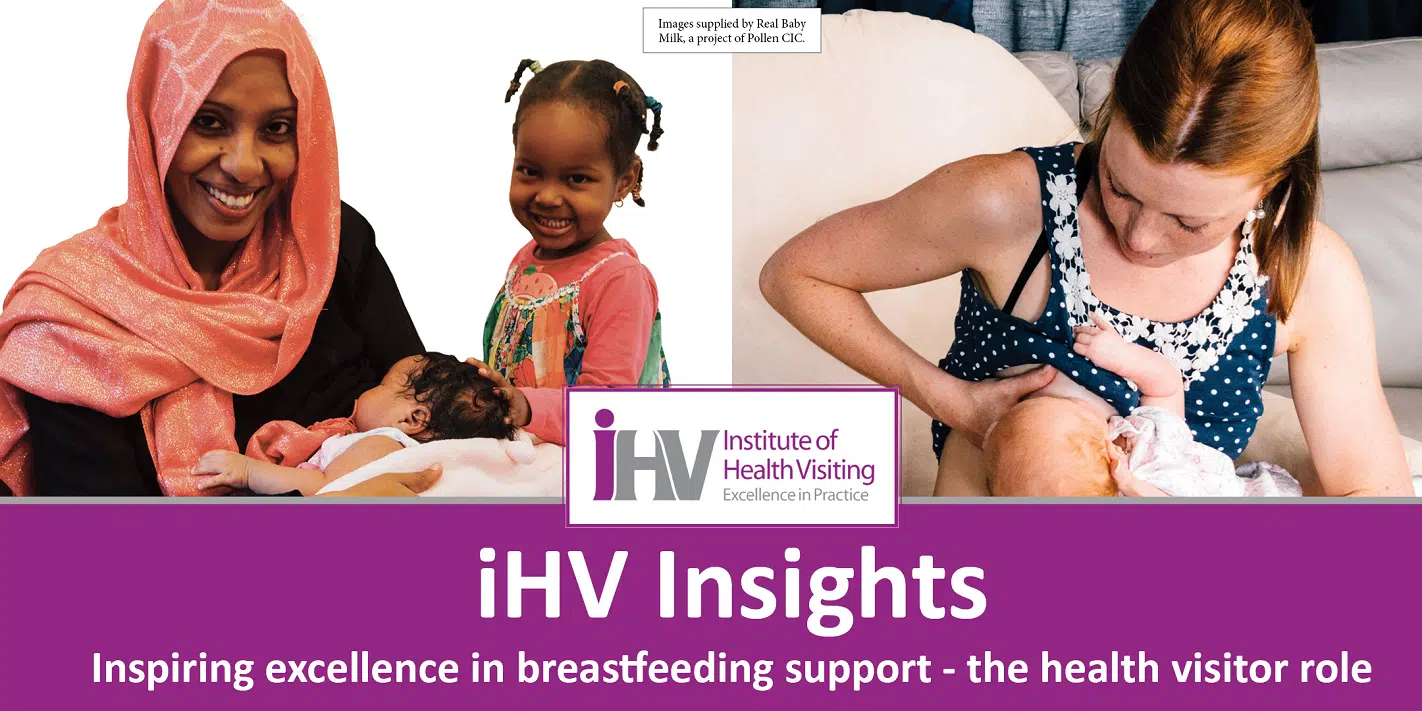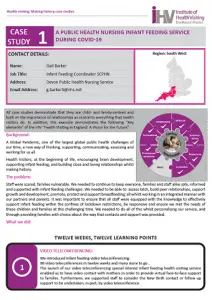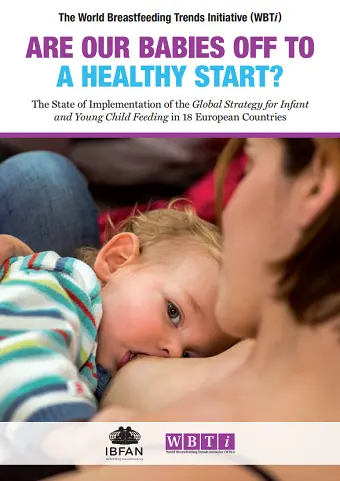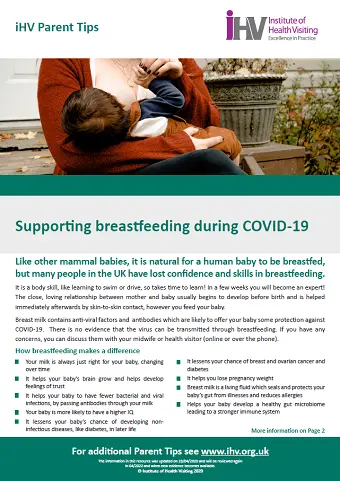The Baby Feeding Law Group UK (BFLG-UK) has developed a briefing note to clarify misconceptions about the UK infant formula marketing laws.
This new briefing document is intended for use by journalists, policy makers, politicians, and health care professionals, including health visitors. It has been produced to clarify the intention of current UK law on the marketing of infant formula and to dispel some misinterpretations that have been seen recently in the media.
The current UK legislation on restricting the marketing of infant formula is informed by the WHO Code of Marketing of Breastmilk Substitutes. However, since the legislation contains only ‘some’ provisions and it is poorly enforced, the reality is that the current UK law provides limited protection for breastfeeding and does not properly enable safe and appropriate formula feeding.
The BFLG-UK briefing highlights how:
“misinformation can do damage, especially with regard to public health and the protection of the most vulnerable groups in the population, including infants and young children. Misinformation is false information that can be spread either by mistake or intentionally and has the potential to cause substantial harm to individuals and society”.
Promote the facts and clarify the misconceptions in your practice:
- Fact: Legal restrictions on infant formula marketing exist to protect all babies, no matter how they are fed.
Misconception: Legal restrictions on infant formula marketing exist to protect and encourage breastfeeding only.
- Fact: Restricting inappropriate marketing of infant formula does not limit its accessibility. It is inaccessible when its price is unaffordable.
Misconception: Legal restrictions on infant formula marketing limits its accessibility. - Fact: Restricting inappropriate marketing of infant formula does not cause high prices. High prices are largely the result of high profit margins and large marketing budgets.
Misconception: Legal restrictions on infant formula marketing are causing high prices. - Fact: Shoppers need to spend hundreds of pounds to accrue sufficient points to purchase a single tin of infant formula. This is not a means to improve accessibility to families on the lowest incomes.
Misconception: Not allowing rewards scheme points to buy infant formula is preventing families from accessing it. - Fact: There are no legal restrictions preventing families from using store gifts cards (and equivalents) issued by food banks to buy infant formula.
Misconception: Legal restrictions prevent families from using foodbank vouchers to buy infant formula. - Fact: Legal restrictions on infant formula marketing exist to safeguard the health of all babies, however they are fed.
Misconception: Legal restrictions on infant formula marketing are inappropriate.
Within the briefing, First Steps Nutrition Trust who are the current Secretariat for the BFLG UK make four specific recommendations, with important actions that the Government could and should be taking now, to ensure that all families using formula to feed their babies can be enabled to do so safely. These are:
- Improvement of the Healthy Start scheme.
- A public health messaging campaign around the nutritional equivalence of all first infant formula.
- Enforcement of existing legislation designed to prevent inappropriate marketing of formula milks and to protect breastfeeding AND safe and appropriate formula feeding and strengthening of this legislation in line with the International Code of Marketing of Breastmilk Substitutes and subsequent World Health Assembly Resolutions.
- Government establishment of pricing policies and practices to ensure infant formula is provided at lower prices on a long-term basis (e.g., through a price cap).
What is the Baby Feeding law Group:
The Institute of Health Visiting is a member of the Baby Feeding Law Group UK. The group brings together organisations and individual members who work together to protect infant, young child and maternal health by ending marketing practices that commercialise infant feeding, mislead consumers and threaten breastfeeding.
To read the full briefing and for more information see First Steps Nutrition Press release and Baby Feeding Law Group UK website.










